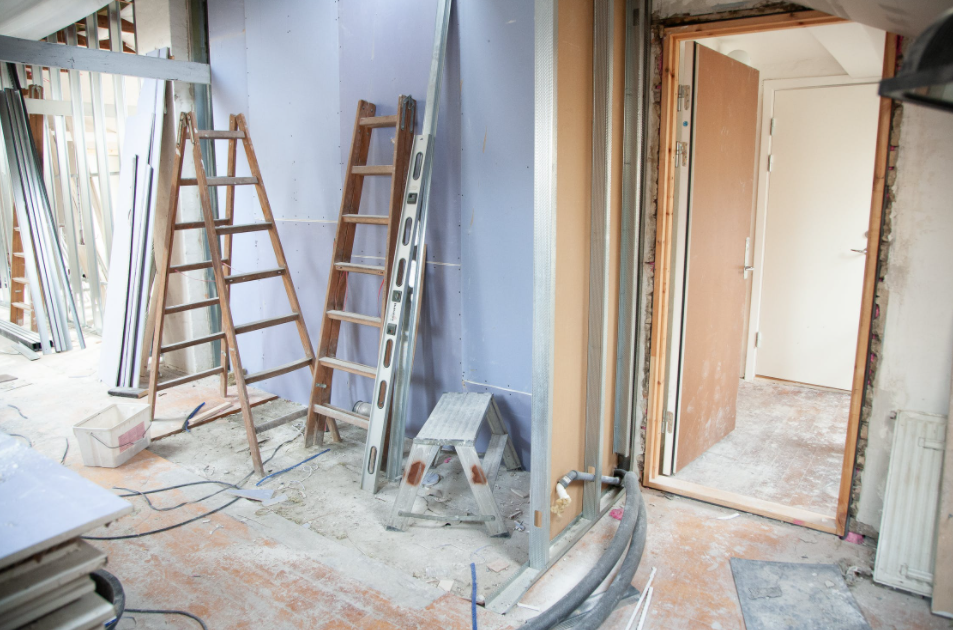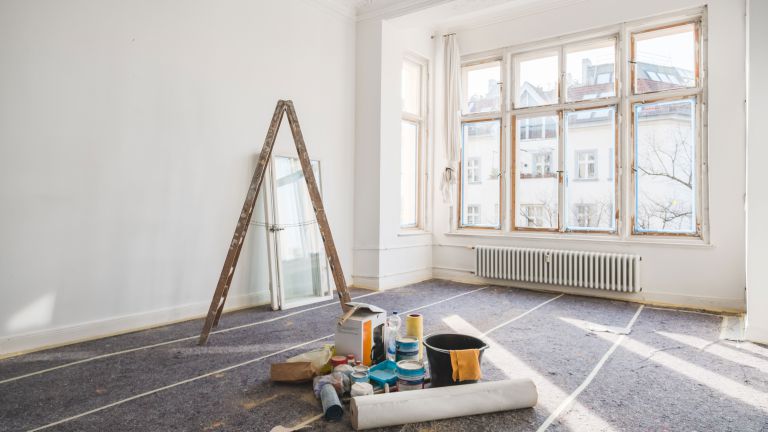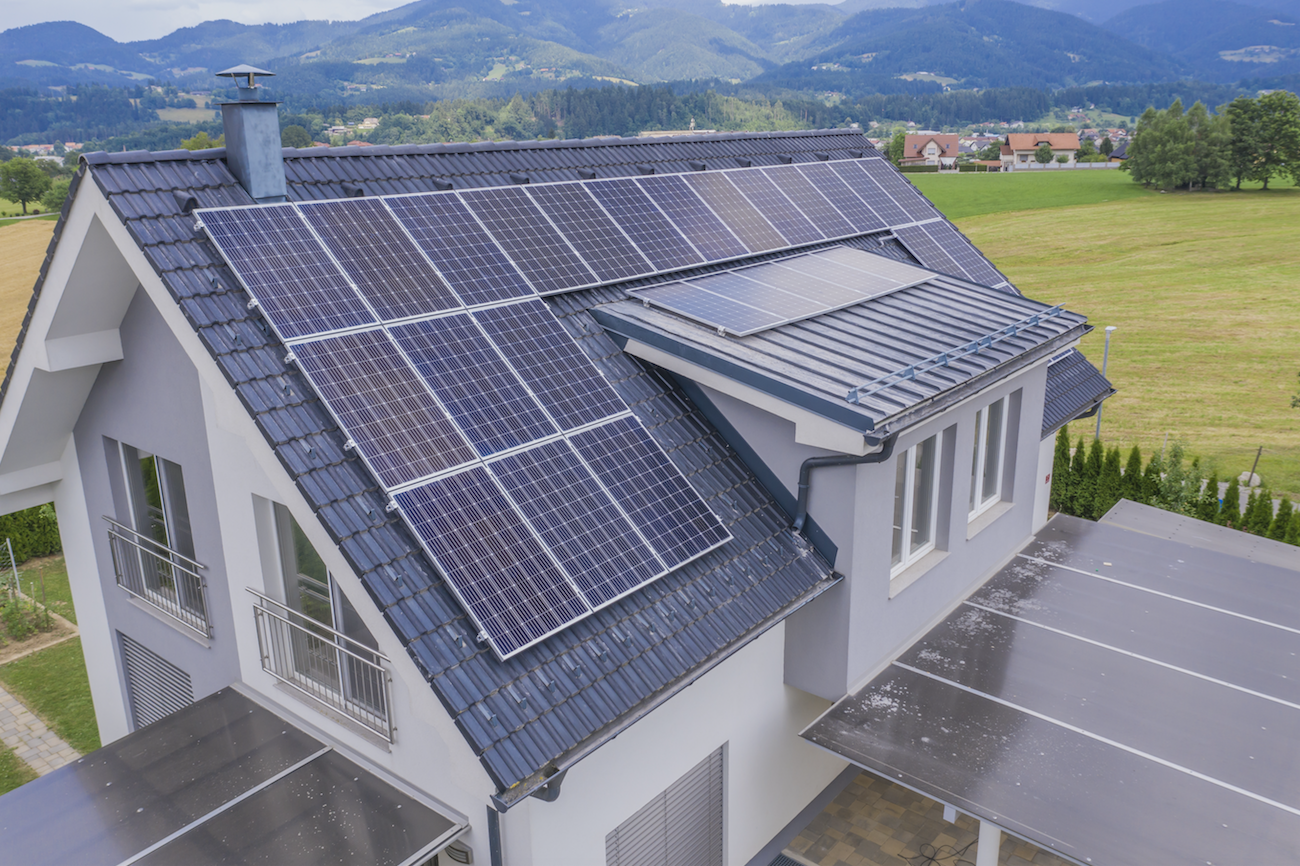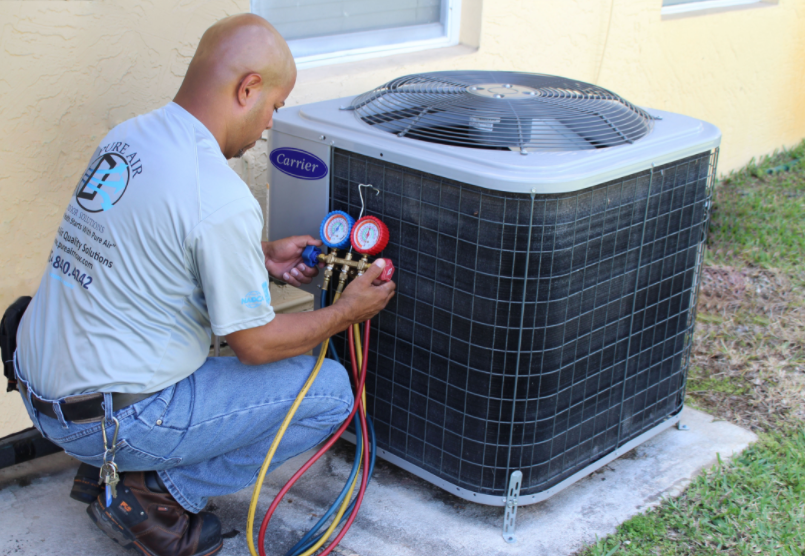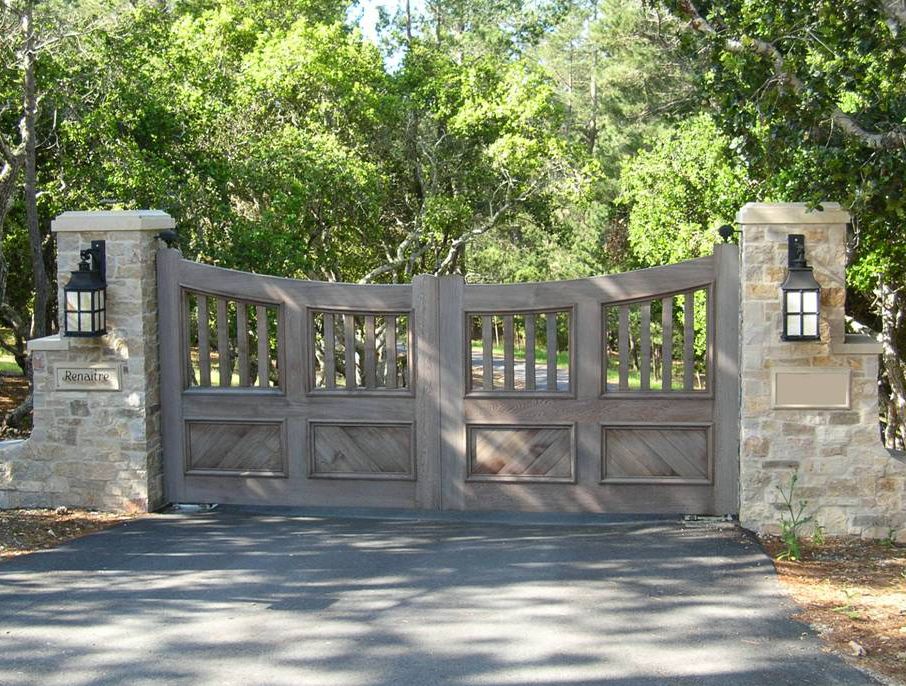3 Simple Safety Tips for Your Home Renovation
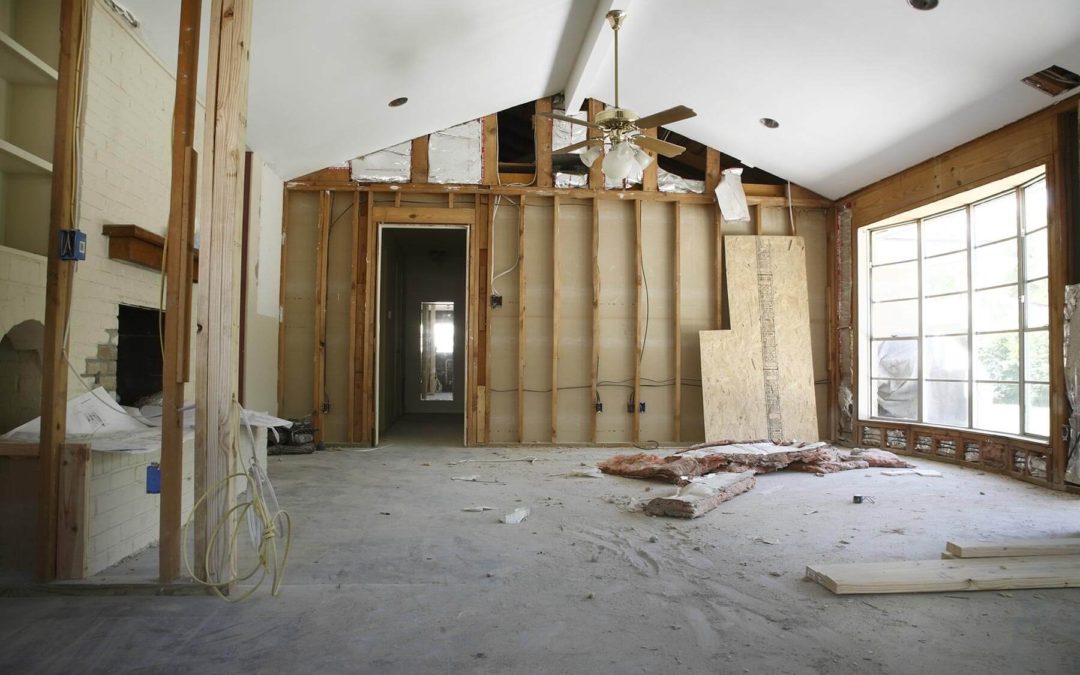
Before you start renovating your home, keep in mind these safety tips that can save your life!

Photos By: Stock Images
You’re hoping to renovate your home in the near future, and you’re itching to get started. But before you grab your wallet and go shopping for materials, you should look at the safety tips below:
1. Don’t DIY Dangerous Jobs
You might be tempted to tackle projects on your own so that you can save money. While this is fine for tasks like painting your walls or tiling your kitchen backsplash, it’s not a good decision for the more dangerous tasks sitting on your renovation checklist. For instance, you shouldn’t try to do your own demolition. Demolition requires special equipment and expertise that you don’t have. You could cause irreparable damage to your property if you’re not careful. You could knock down a load-bearing wall, hit electrical wires, break pipes and wreck other essentials that you want to keep intact. These mistakes will cost you a fortune to fix. DIY demolition isn’t just expensive and destructive — it’s dangerous too. You could really hurt yourself when you don’t know what you’re doing.
So, what can you do? The solution is simple. You can hire a reliable demolition company in Toronto to take care of this full or partial demolition project for you. Their contractors will have the right experience and equipment to get the job done quickly, effectively and safely for you.
Demolition isn’t the only renovation project that you shouldn’t DIY. What other jobs are better left to the pros?
- Electrical work
- Tree cutting
- Roofing
- Gas line repairs
2. Keep Dust at Bay
Renovating will bring up a lot of dust. It will be everywhere — on the floors, on the walls and floating in the air. So, if you’re going to stay in the house during the renovation, you should take these precautions to make sure that you’re not breathing in buckets of dust:
- Get top-quality air purifiers and use them.
- Block off renovated areas with plastic barriers.
- Close off air vents — this is how dust can travel throughout the house.
- Clean up regularly. Use a shop-vac to help you pick up dust.
- Wear N95 masks whenever you’re working on the renovated areas.
- After the renovation is over, you’ll want to get your ductwork cleaned and change your air filters frequently. This will help you deal with the dust that’s been left behind.
3. Ventilate the Vapours
Your renovation projects will likely need the use of strong chemical products, like paint strippers, glue removers, wood stains, paints, adhesives and cleaners. These contain volatile organic compounds (VOCs) that can be unsafe to breathe in.
What can you do to keep your lungs safe from harsh chemicals?
-
- Ventilate the area when using one of these products by opening windows and doors.
- If you can, leave the vicinity while the product dries.
- If you can find a gentler alternative, use it. For instance, there are plenty of natural home cleaners that are effective at cleaning surfaces without creating strong vapours.
- Avoid using everyday products that hurt your indoor air during your renovation (for example, air freshener). They aren’t essential to complete your home improvement projects, and they will only add more congestion to your air.
Don’t put your health and safety at risk for your home renovation. It’s not worth it!
Take these steps to make sure that both you and the house are in great shape when all of the projects are done.


